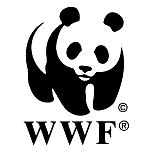Charity Partners
Please choose a Region or Country to show charities working exclusively in those areas.
Choose a category
For charities working exclusively in these areas:
• The Aspinall Foundation (TAF) is a UK based charity that is devoted to the conservation of endangered species and returning them to wild protected areas. TAF believes animals belong in the wild, in their natural habitat and not in captivity.
• TAF are leading conservation specialists who are on the forefront of rewilding captive animals in areas of protected wilderness.
• TAF’s major conservation projects include the reintroduction of the Western lowland gorilla to the Batéké Plateau region of Central Africa, using both wild-born and captive-born release stock; the successful rewilding of Saba and Nairo - two cheetahs born at Port Lympne Hotel & Reserve - who are now living wild and free in South Africa; the reinforcement of small isolated gibbon and langur populations in Java; the transfer of eight captive-born Critically Endangered Eastern black rhinoceros to protected reserves in South Africa and Tanzania; and the implementation of a species survival programme for the Critically Endangered greater bamboo lemur in Madagascar.
• Our commitment is to conservation, through captive breeding, education and reintroduction. We are working in some of the world’s most fragile environments to save endangered animals and return them to protected areas of the wild.
• The Aspinall Foundation was founded out of a deep love for wildlife and a respect for nature. Our global wildlife conservation work, spanning over thirty years, covers issues such as the illegal wildlife trade, the “re-wilding” of wild and captive born animals, the recovery of threatened species and the protection of their habitat through community-based conservation.
• The Foundation is one of the world leaders in wildlife reintroduction and we are at the forefront of breeding animals in captivity and reintroducing them into the wild, all whilst protecting vital ecosystems around the world.


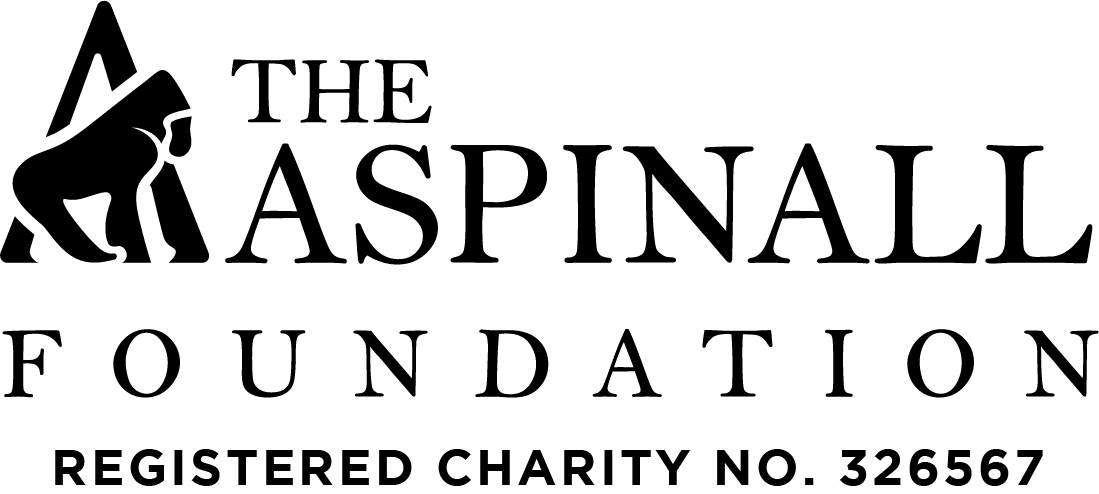
FareShare is the UK's largest charity tackling the environmental problem of food waste to support social good. We use surplus food to power over 8,000 local charities to strengthen their communities.
Our work centres around redistributing nutritious and good-to-eat food to charities across the UK, from school breakfast clubs and older people's lunch clubs to homeless shelters and community cafes.
We believe that no good to eat food should go to waste.
" The variety of food delivered by FareShare allows our customers the dignity of choice and gives them access to fresh fruit and veg. Our closest supermarket is a round trip of 25 miles and we have a very limited public transport system, so our community larder is really a lifeline to many". FareShare charity partner and food recipient, 2024.
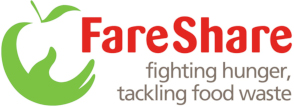
Friends of the Earth is a grassroots network dedicated to protecting people and planet. Your support will play a crucial role in helping to protect nature and tackle the climate crisis. From our campaigners and lawyers to local groups and supporters, we push for change on causes that matter to you, like:
- Working with groups to protect local areas and make them more climate friendly.
- Taking government to court over projects that harm our environment.
- Fighting for environmental and social justice globally.
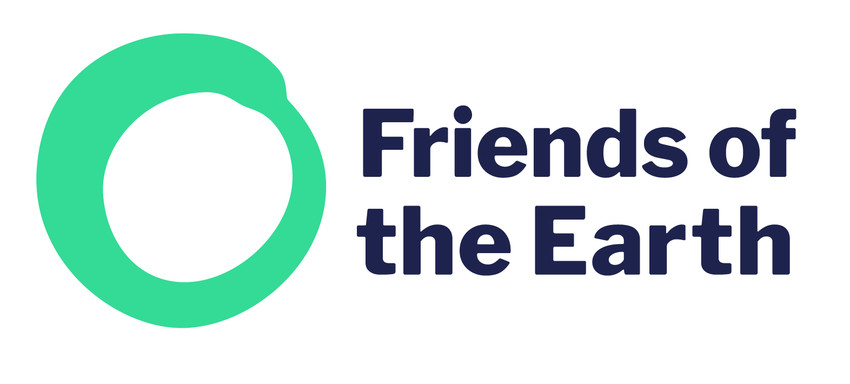
We are a campaigning organisation that appeals to all walks of life with a shared vision of a better place to live. We are the leading organisation in Scotland that is working for environmental justice, campaigning for the planet and its people.
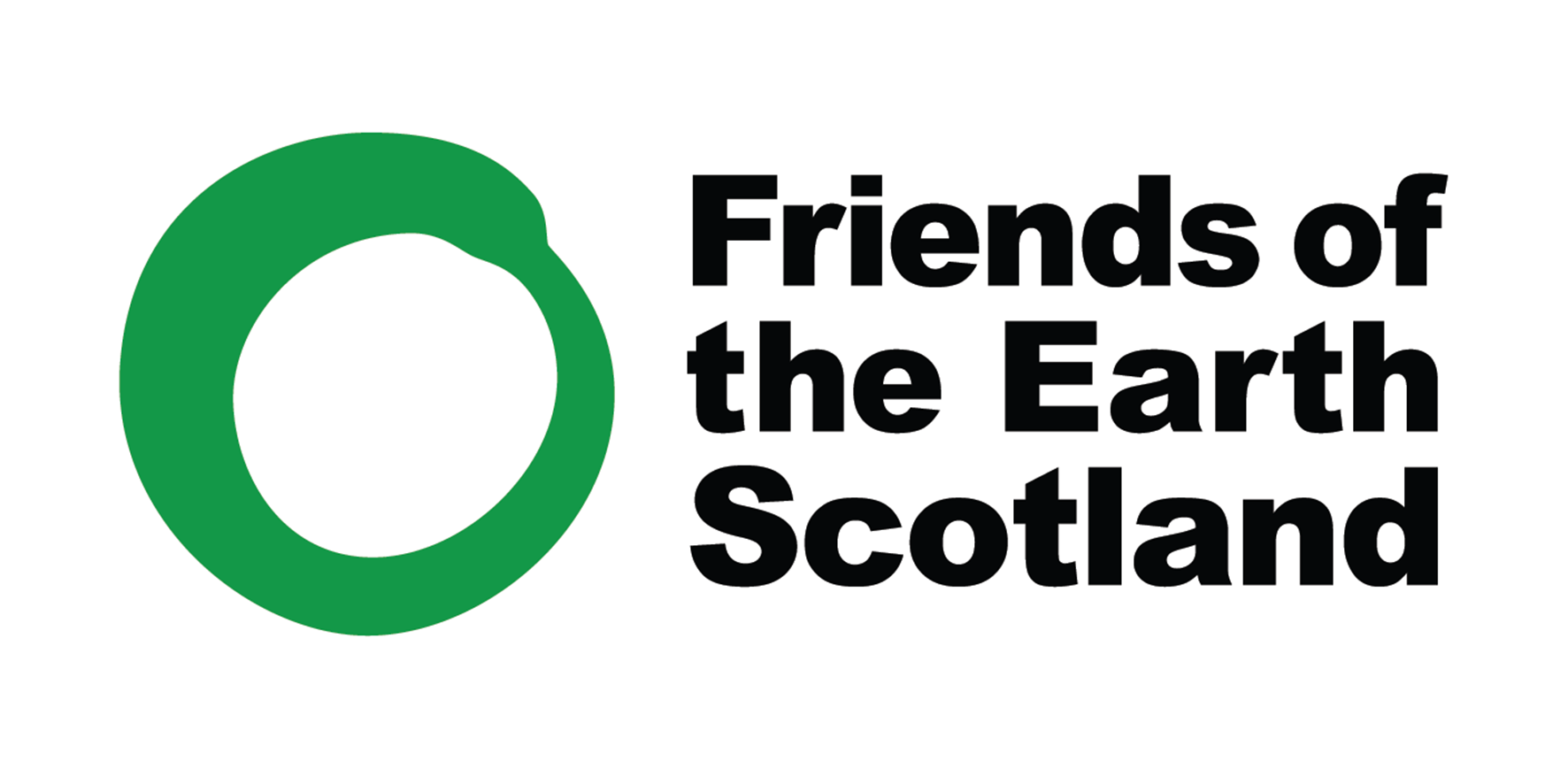
Greenpeace is a movement of people who are passionate about defending the natural world from destruction. Its vision is a greener, healthier and more peaceful planet, one that can sustain life for generations to come.
Greenpeace Environmental Trust champions scientific research, investigations and education to benefit our planet. We are separate from Greenpeace’s campaigning arm and depend entirely on donations from individuals like you. By never taking money from governments or companies we maintain independence and integrity
As a charity, we aim to improve understanding of world ecology and the natural environment. We promote sustainable development – respectful of people and nature.
£10 monthly could enable the annual testing of water samples for toxic contaminants.
£30 monthly could pay a specialist researcher for one day a year.
£50 monthly could maintain one of our RHIBs (rigid-hull inflatable boats) every two years.
£66 monthly could pay for one high-definition drone every year.

Founded in 1969, the International Fund for Animal Welfare saves individual animals, animal populations and habitats all over the world. With projects in more than 40 countries, IFAW provides hands-on assistance to animals in need, whether it's dogs and cats, wildlife and livestock, or rescuing animals in the wake of disasters. We also advocate saving populations from cruelty and depletion, such as our campaign to end commercial whaling and seal hunts.
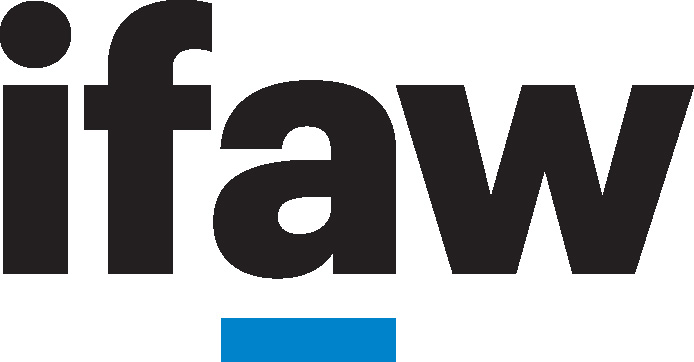
Wildlife needs you
Our wildlife is amazing – but it’s in crisis. In the last 50 years over 38 million birds have vanished from our skies and the UK is now one of the world’s most nature-depleted countries. But we know that we can turn this around, if we all act now. Thanks to people like you, we have helped bring species back from the brink, including birds such as Avocets, Bitterns, Red Kites and White-tailed Eagles.
Here are some of the ways we’re helping birds and wildlife:
Saving threatened species
The UK coastline supports internationally important populations of seabirds. But many are struggling. Back in 2000, Puffins were close to being wiped out on Lundy Island in the Bristol Channel due to predation by non-native rats. To tackle this, we joined forces with Natural England, the Landmark Trust and the National Trust, and in 2006 Lundy was declared rat-free. In 2023, we celebrated a nine-decade high for seabirds breeding on the island, with Puffins having increased from just 13 in 2000 to 1,335.
Restoring habitats
We are determined to protect and restore wild spaces, to give birds and other wildlife the habitat they need to survive and thrive. Bitterns are a wetland bird that in 1997 were down to just 11 booming males in the UK. But through dedicated RSPB work and conservation measures, they’ve been brought back from the brink. Thanks to improvements to their reedbed habitat, numbers have boomed and, in 2023, a survey recorded 234 male Bitterns across the UK.
Speaking up for nature
Turtle Doves are globally threatened birds, whose numbers in the UK have plummeted by 99% since the 1960s. These migratory birds have been hit hard by changes in UK farming practices, as well as unsustainable hunting in southwest Europe. Through Operation Turtle Dove, we’re working with farmers, landowners and volunteers to improve breeding habitat and food availability in the UK. And, thanks to continued efforts, a ban on hunting in France, Spain and Portugal was extended for a third year in 2023, saving an estimated one million birds annually.
Could you help us do more?
Nature is in crisis, but by signing up to Payroll Giving you could help us do more to save it. When you make a donation, you are helping to save rare species, restore habitats and speak up for nature at a time when it really needs us.
Yes, I’ll help save nature every month
Every penny raised will help wildlife, restore wild habitats and hope for the natural world.
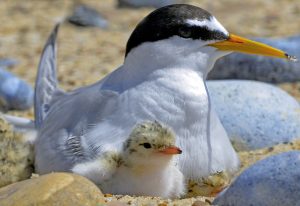
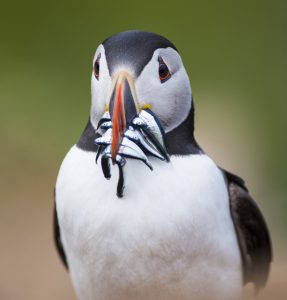
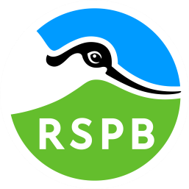
For 50 years, the Scottish Wildlife Trust has worked with its members, partners and supporters in pursuit of its vision of healthy, resilient ecosystems across Scotland's land and seas.
The Trust successfully champions the cause of wildlife through policy and campaigning work, demonstrates best practice through practical conservation and innovative partnerships, and inspires people to take positive action through its education and engagement activities.
The Trust manages a network of 120 wildlife reserves across Scotland and is a member of the UK-wide Wildlife Trusts movement.

WaterAid is an international not-for-profit, determined to make clean water, decent toilets and good hygiene normal for everyone, everywhere within a generation.
Since we started in 1981, we’ve remained resolutely focused on tackling these three essentials that transform people’s lives. Without all three, people can’t live dignified, healthy lives. With all three, they can unlock their potential, break free from poverty, and change their lives for good. Children grow up healthy and strong, women and men get to earn a living, whole communities start to thrive. It sounds normal and it should be.
By inspiring people and sparking chain reactions we help deliver lasting change in what’s normal. By working closely with partners internationally and on the ground in some of the toughest places in the world, we help achieve widespread change. Millions of people have already taken control of their lives and built better futures.
Now we are working with our supporters and partners to get clean water, decent toilets and good hygiene to everyone, everywhere by 2030. It’s about more than installing taps, toilets, boreholes and wells. To make lasting change happen on a massive scale, we:
• convince governments to change laws;
• link policy makers with people on the ground;
• change attitudes and behaviours;
• pool knowledge and resources; and
• rally support from people and organisations around the world.
• Together, we will change millions of lives for the better – and change normal for everyone, everywhere within a generation.
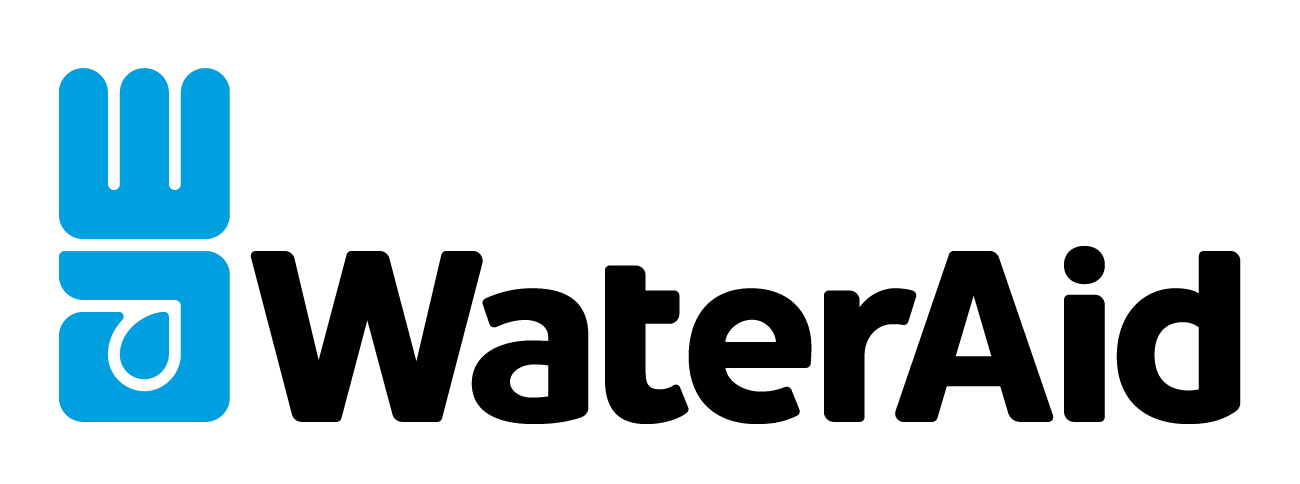
WDC, Whale and Dolphin Conservation is the leading global charity dedicated to the conservation and protection of whales and dolphins. They defend these remarkable creatures against the many threats they face through campaigns, lobbying, advising governments, conservation projects, field research and rescue – Our vision is a world where every whale and dolphin is safe and free.
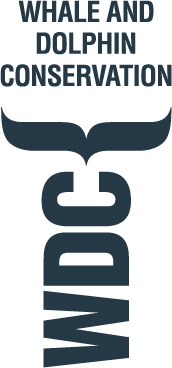
The Wildfowl & Wetlands Trust (WWT) is a conservation charity that saves wetlands, which are essential for life itself. Wetlands are the primary source of drinking water for people and wildlife. They also connect us with nature, and with ourselves, through beautiful landscapes and inspiring encounters with wildlife.
WWT's ethos starts with the simple act of feeding a duck. That innocent connection with nature is more special if you're feeding – say - the world's rarest goose, saved from extinction by our expert aviculturists. It's even more special if you're surrounded by some of the UK's top wildlife at one of our world class reserves, carefully designed and managed so wildlife will flourish.
We take this wetland expertise around the world. We rescue endangered species from the edge of extinction. We investigate what's damaging the wetlands on which people and wildlife depend. We protect, repair and actually create exciting new wetlands for people and wildlife.
We work with communities, businesses and governments to help people live sustainably alongside wetlands, benefitting from the water, food, materials, shelter, livelihoods and enjoyment a well-managed wetland can provide.
WWT is one of the world's leading science and conservation institutions in its field. But we're unique because we never forget it all starts with the simple pleasures, like feeding a duck. And maybe a nice cup of tea.
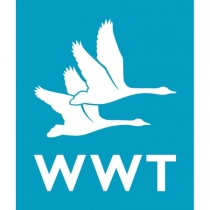
As the UKs largest woodland conservation charity, we are the leading voice for woods and trees. We campaign to protect precious ancient woods, restore the ones that are damaged and fight for those under threat. We create new native woodland around the UK with the help of communities, schools, organisations and individuals.
We inspire people up and down the country to visit woods, plant trees, treasure wildlife, and enjoy the overwhelming benefits that woods and trees offer to our landscape and lives.
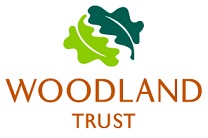
Our vision is a world where animal welfare matters and animal cruelty has ended. Together we can move the world for animals.
We move the world to protect animals and help people to see how important animals are to all of us.
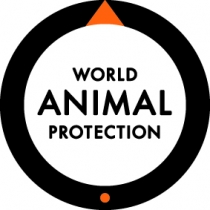
The World Wide Fund for Nature is an international non-governmental organization founded on April 29, 1961, working in the field of the biodiversity conservation, and the reduction of humanitys footprint on the environment.
